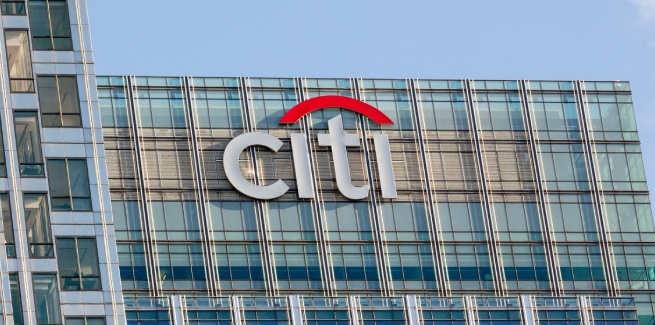NAB declared its intentions to buy Citi’s Australian consumer bank in August, with the deal including Citi’s $7.9 billion home lending portfolio (covering around 1.4 million customers), $4.3 billion unsecured lending business (operating under the Citigroup brand as well as white-label partner brands), $9 billion retail deposits business, and its private wealth management business.
On Thursday (25 November), the ACCC ruled the transaction will not substantially lessen competition in the banking sector, after its review found no concerns with the group's overlapping areas, including credit cards and home loans.
As stated by the watchdog, Citi is a “substantial provider of credit cards and credit card services” in the local market, which pushed the competition review to focus on the segment.
Following the deal, NAB would become the dominant white label credit card supplier to a number of commercial partners and compete with them in the consumer-facing market.
The ACCC had consulted with stakeholders including credit card suppliers, third-party distributors of Citi’s white label credit cards (known as white label partners), and consumer groups, and few concerns had been raised.
The regulator concluded that NAB would continue to face competition in the credit card scene and it would be unlikely to have an incentive to offer less favourable terms to white label partners, such as smaller banks, with the aim of propelling its own NAB branded credit cards.
It noted scale is important in credit card operations, such that issuers have strong motives to have a large consumer base (including white label consumers), over which to spread out the significant fixed costs of investment in an issuing platform.
Secondly, the regulator stated if NAB caused white label partners’ offerings to become less competitive or exit the market altogether, many consumers would switch to non-NAB credit cards, making such a strategy unprofitable for the group.
Finally, banks who are white label partners may also have the ability to invest in their own credit card issuing platforms, although at a cost, which could limit or remove their reliance on NAB’s white label credit cards post-acquisition.
ACCC chair Rod Sims commented credit cards have continued to be an important product, despite increasing use of alternatives such as buy now, pay later.
“However, market feedback suggested that Citi is not unique with respect to its credit card offering, and many different credit card providers remain for consumers,” Mr Sims said.
“NAB today is smaller in credit cards than its major bank rivals, and we don’t consider adding Citi’s card operations to NAB will materially change the level of competition.”
Citi has also entered the buy now, pay later segment with the launch of its product Spot., in October.
Further, the ACCC review found NAB's acquisition was unlikely to raise competition concerns in any other areas of overlap, which include home and personal loans, wealth management and investment products and transaction and savings accounts.
“We are very concerned to ensure that mergers in the financial industry do not limit the competitive constraint provided by providers outside of the major four banks, however, in this case the ACCC did not consider there would be a substantial impact in any market,” Mr Sims said.
[Related: CBA finds BNPL customers worse with debt]

